News

Biorenewables Development Centre and University of York join forces with CroBio to tackle soil degradation in £670k Defra-backed project.

Researchers from University of York’s Department of Biology have produced new visual data revealing the organisation of cellular components.

Researchers are working with scientists based in York’s twin city of Nanjing to further understanding of how the mint family of plants produce therapeutic benefits.

The increased use of a chemical compound to replace TNT in explosive devices has a damaging and long lasting effect on plants, new research has shown.

Dr Liz Rylott has been awarded the Milton P. Gordon Award for Excellence in Phytoremediation during the International Phytotechnology Society's (IPS) annual conference held in Kerala, India; 22 to 24 October 2024.

York Scientists reveal how marine algae are so good at capturing CO2.
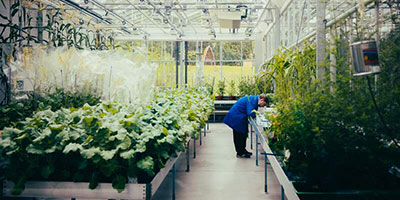
Researchers at the University of York have been successful in their bid to be part of C-SPIRIT, the new “Centre for Sustainable Plant Innovation and Resilience through International Teamwork”.

Researchers have been working to track and study floating sargassum, a prolific seaweed swamping Caribbean and West African shorelines, and causing environmental and economic harm.
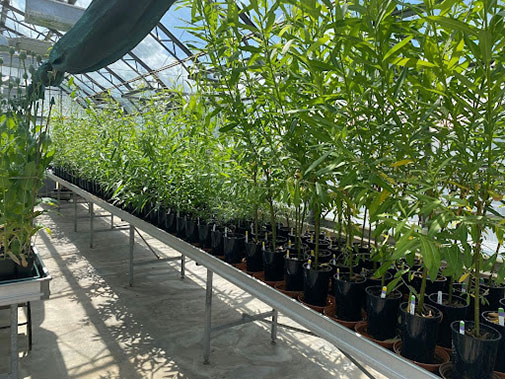
University of York researchers have won three awards under a new £100m Biotechnology and Biological Sciences Research Council initiative to unlock the UK's Engineering Biology potential.

The Biorenewables Development Centre, Kilnsey Park Estate and the Centre for Novel Agricultural Products have won funding from Innovate UK to develop a novel circular model for food production to produce resource-efficient, healthy and low-emission food such as leafy salads and vegetables.

Two University of York research projects have been awarded funding, as part of a £42 million programme, to work with industry partners in co-developing new sustainable technologies for health care, agriculture, cosmetics and wastewater treatment.

A new research project aims to help UK farmers and growers to target Net Zero and increase crop resilience.

Scientists from the University of York are collaborating on a new environmentally-friendly research project to use vertical farming facilities to grow amaranth - a new source of alternative plant protein.

Family, friends, colleagues and research partners came together on 1 April 2023, to remember and celebrate the life, career and research of Simon McQueen-Mason, who died in a cycling accident in June 2022.

Researchers are working to find a plant-based alternative for the recovery of gold, silver and copper nanoparticles from mining waste.

It is with a sense of profound sadness that we report the sudden and untimely death of Professor Simon McQueen-Mason.

A University of York academic will co-lead on two new projects that will demonstrate how physics can transform our understanding of life.

A start-up company founded in 2019 has received investment to continue with its aims of commercialising the outputs of the Bancroft group in CNAP.

Professor McQueen-Mason, of the Department of Biology and CNAP, discusses sustainability and fashion.

The University of York has teamed up with LettUs Grow, an indoor farming technology provider from Bristol and Spark:York, to create “Grow It York” - a vertical, community farm at the heart of a vibrant container park in the city.

Scientists have identified an unusual enzyme that plays a major role in the infection of plants - and have shown that disabling this enzyme effectively stops plant disease in its tracks.

Scientists have used gene technology to understand more about the make-up of the evolution of brassicas – paving the way for bigger and more climate resilient yields from this group of crops that have been grown for thousands of years.

A grass commonly used to fight soil erosion has been genetically modified to successfully remove toxic chemicals left in the ground from munitions that are dangerous to human health, new research shows.

The discovery of a novel enzyme that releases a valuable chemical from agricultural waste could provide an important breakthrough in the upscaling of renewable fuels and chemicals, a new study shows.

A leading University of York biologist has been appointed to the Board of Trustees at the Royal Botanic Gardens, Kew.

Plants have a metabolic signal that adjusts their circadian clock in the evening to ensure they store enough energy to survive the night, a new study reveals.

Household waste, crops and old fabrics could be turned into new 'greener textiles' by scientists in York.

Researchers at the University of York have created a new modified wheat variety that increases grain production by up to 12 per cent.

Researchers at the University of York are working with the Royal College of Art in a new £5.4 million project to lessen the environmental impact of the textile industry in the UK.

This past week, CNAP, led by Professor Neil Bruce, formalised ties with the Universiti Teknologi Malaysia.
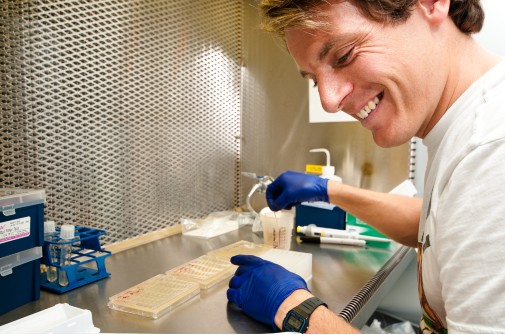
A CNAP researcher has been awarded a Future Leaders Fellowship from UK Research and Innovation (UKRI) to investigate how algae converts carbon dioxide into organic molecules during photosynthesis.
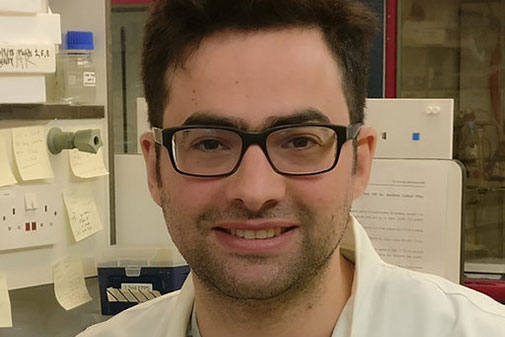
A University of York researcher has been awarded a Future Leaders Fellowship from UK Research and Innovation (UKRI) to investigate how a small tree native to East Asia could help in the creation of new medicines.

Scientists have determined the DNA code of the opium poppy genome, uncovering key steps in how the plant evolved to produce the pharmaceutical compounds used to make vital medicines.
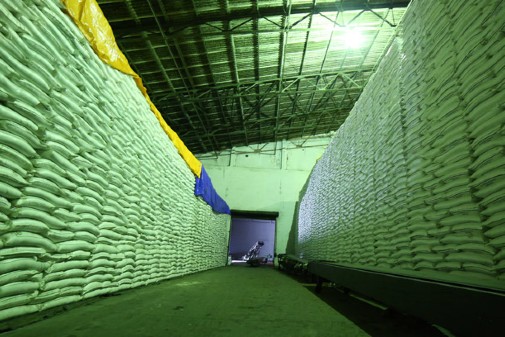
The Department of Biology is set to strengthen links in India, with two major research projects.

Professor Ian Bancroft and Dr Andrea Harper have identified genetic markers for disease tolerance that suggest UK ash trees may have a fighting chance against a lethal fungal infection.

Scientists have discovered that a gene found in the common fruit fly can be successfully expressed in a plant and used to detoxify land contaminated with TNT.
